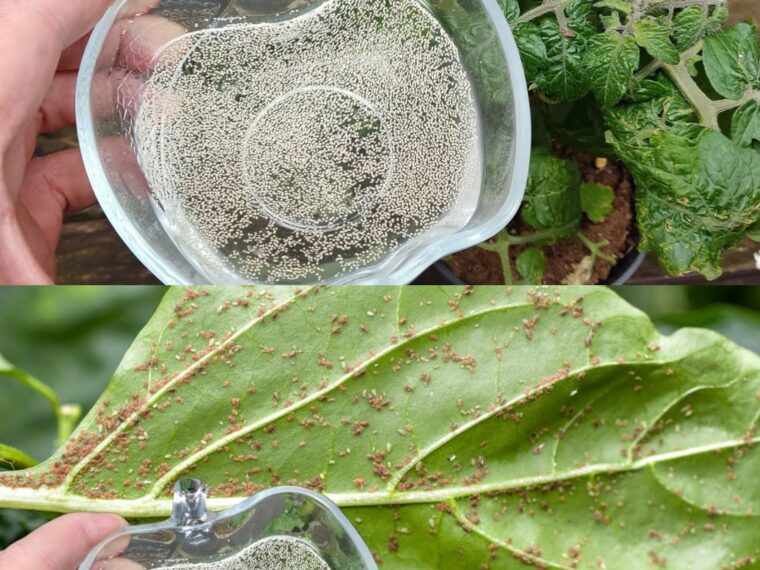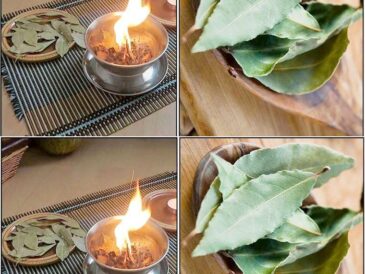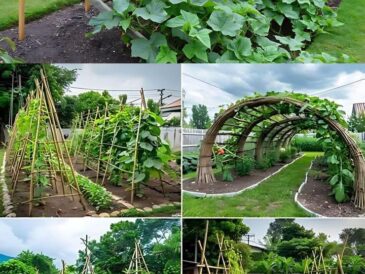How to Make and Apply a Baking Soda Solution to Repel Aphids
Making a baking soda spray to control aphids is simple. Here’s a step-by-step guide to prepare and apply the solution.
Ingredients:
- 1 tablespoon of baking soda
- 1 tablespoon of liquid dish soap (preferably non-toxic and biodegradable)
- 1 gallon of water
- Optional: 1 tablespoon of vegetable oil or neem oil for added potency
Instructions:
- Mix the Solution:
- In a large container or spray bottle, dissolve 1 tablespoon of baking soda in 1 gallon of water.
- Add 1 tablespoon of liquid dish soap to help the solution adhere to plant surfaces.
- Optionally, you can add 1 tablespoon of vegetable oil or neem oil to increase the effectiveness. The oil suffocates aphids and disrupts their reproduction.
- Test First:
- Before applying the solution to your entire garden, test it on a small, inconspicuous area of the plant. Wait 24 hours to ensure there’s no damage or adverse reaction.
- Apply to Affected Plants:
- Once the solution has passed the test, spray it evenly on all affected plants. Focus on areas where aphids are congregating, especially the undersides of leaves, where they often hide.
- Ensure the solution covers the leaves, stems, and buds to discourage aphids from feeding.
- Reapply as Needed:
- Repeat the treatment every few days or after heavy rain to maintain effectiveness.
- Consistent reapplication may be necessary during peak aphid season (usually spring and early summer).
Other Natural Methods to Complement Baking Soda
While baking soda can be effective, combining it with other natural remedies can help create a multi-pronged defense against aphids:
- Introduce Natural Predators: Encourage ladybugs, lacewings, and parasitic wasps, which are natural enemies of aphids. You can purchase ladybugs or simply attract them with plants like dill, fennel, and yarrow.
- Use Neem Oil: Neem oil is an organic insecticide that disrupts aphid reproduction and feeding. You can mix neem oil with the baking soda solution for extra protection.
- Companion Planting: Some plants naturally repel aphids. Garlic, chives, marigolds, and nasturtiums are good companions for your garden to keep aphids away.
- Water Blast: A strong stream of water from your garden hose can dislodge aphids from plants. Once knocked off, they usually can’t return, especially in large numbers.
- Reflective Mulch: Using reflective mulch under plants can confuse aphids, making it harder for them to locate their target plants.
Preventing Aphid Infestations
It’s easier to prevent aphid infestations than to deal with them after they’ve taken over. Here are a few preventative measures to consider:
- Regular Monitoring: Inspect your plants regularly, especially in the early growing season. Spotting aphids early allows you to address the problem before it escalates.
- Proper Plant Spacing: Ensure plants are spaced out correctly to allow good airflow, as aphids prefer crowded and poorly ventilated environments.
- Healthy Soil: Maintain healthy soil by adding compost and organic matter. Healthy plants are more resistant to pests like aphids.
Conclusion
Baking soda is a surprisingly effective, eco-friendly solution for controlling aphids in your garden. When used properly, it creates an inhospitable environment for these pests while leaving beneficial insects and pollinators unharmed. Paired with other natural methods, baking soda can be a key ingredient in your battle against aphids, helping you maintain a thriving, healthy garden.
So the next time you notice those tiny, sap-sucking invaders on your plants, don’t rush for harsh chemicals. Head to your kitchen, grab some baking soda, and let nature do the rest!




